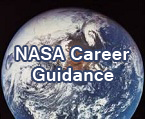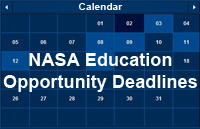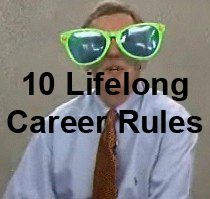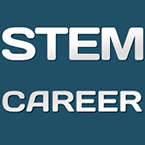Reaching a fulfilling career often looks entirely different for different people; there is no perfectly developed step-by-step process to guarantee each person finds their success. The good news: you never know what person or experience will lead you closer to a meaningful career. For Jasmine, paying attention to her reactions abroad led her to her dream career creating low-cost medical devices that can be easily implemented in areas with limited access to medical resources. Read more of her interview to see how she discovered and is living out her purpose in the lab each day.
Paying attention to little hints are often what sparks movement towards crafting a fulfilling career. What is a time when you experienced a need in the world you wanted to better? What are some ways you can use your strengths to make a difference today?

Year in present degree: 2nd Year in CSU’s Biomedical Engineering Program
Your previous degrees, majors, & schools: B.S. Biochemistry/Medicinal Chemistry, M.S. Biomedical Engineering, Arizona State University
- What shaped your interest in your present research agenda?
I lived and traveled around southeast Asia growing up and have seen the disparity in healthcare and quality of life in so many places that my goal has always been to improve the accessibility of healthcare in developing nations. I hope to create low-cost devices that can be easily implemented in areas with limited access to medical resources.
- What problem will your research help to solve?
My research in point-of-care diagnostics aims to create cheap, simple, and reliable diagnostics for people with limited resources to be able to diagnose disease early on to improve outcomes and reduce the cost of treatment.
- What advice do you have for high school and undergraduate students about entering this field/area of research?
I would recommend taking the time to think about/write down the fundamental areas of study that you find interesting, what your career and life goals are, and what drives you, and then really think about how you can pull these together to find a path that will allow you to accomplish your goals in a way that keeps you happy and interested while maintaining focus and motivation for your end goal by doing something you’re passionate about.
- What advice do you have for school counselors and/or college advisors to help students succeed in STEM?
Have students get involved in community/school organizations and work on projects that interest them outside of their schoolwork. I think this really helps develop a skillset for working in research and working in a team and gives them an idea of the types of problems they might run into and how the process works day-to-day. Doing these projects outside of coursework provides more flexibility in deciding what they do and don’t like, and gives them the freedom to explore different applications and topics that are interesting to them.
Stemcareer.com includes these interviews as part of the GAUSSI Career Planning program under the direction of Rich Feller PhD, Professor of Counseling and Career Development, Colorado State University.








Comments are closed.